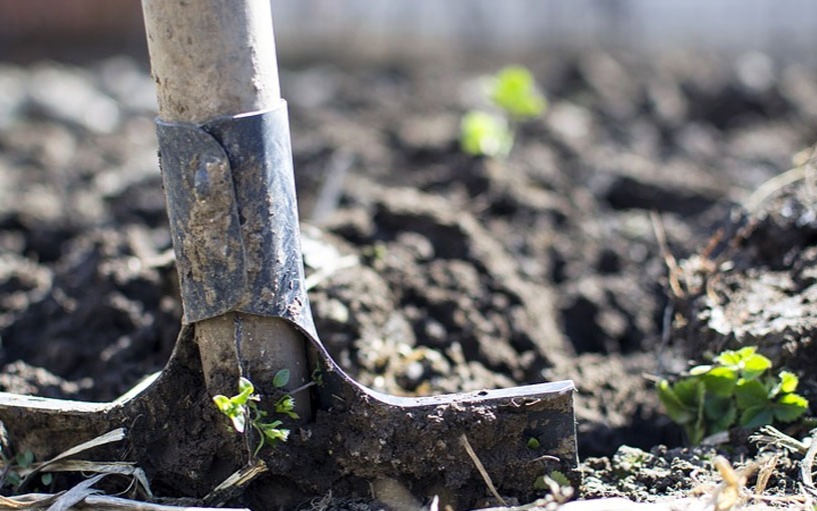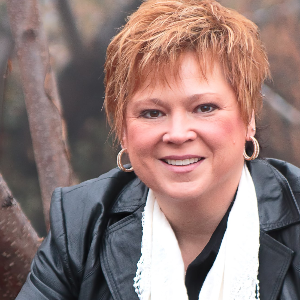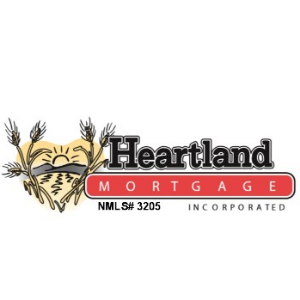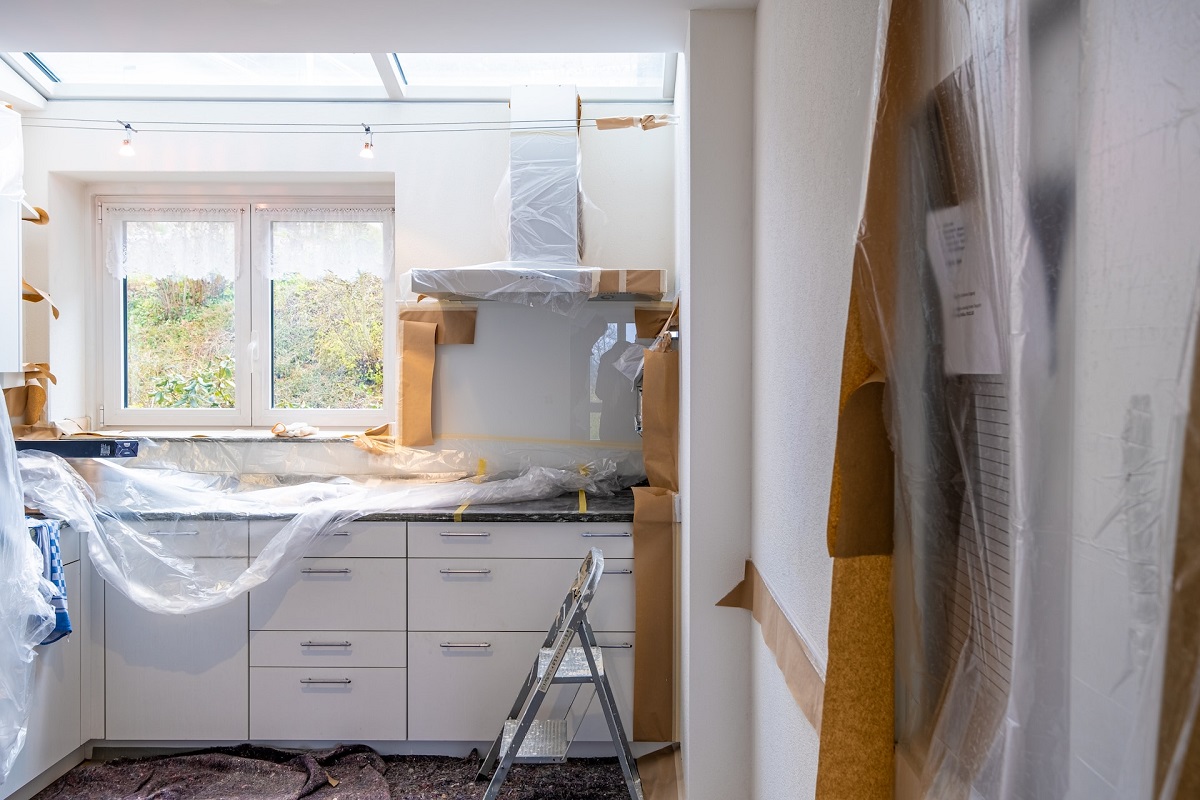
Call before you dig that hole
___
Published Date 5/9/2019
Can you dig it? Sometimes you can’t. Or you shouldn’t. As you get your home improvement and landscaping projects underway this spring, there is a lot of information and a lot of photos online that can inspire you, from adding a brick path to installing a courtyard fountain, or even digging down to place a new patio cover over your outdoor dining area. But have you called 811?
Forbes writer Tom Pfister quotes Khrysanne Kerr, VP of communications for Common Ground Alliance (CGA), an organization dedicated to the prevention of damage to underground utility infrastructure: “811 is the national call-before-you-dig phone number in the United States.”
CGA runs the campaign to raise awareness, reduce utility damage, prevent injuries, minimize service interruptions and protect the environment, with 1,700-safety-conscious members who represent utility companies, emergency services, insurance, locators, excavators, road builders and state regulators.
"Digging in the domain of one’s own yard is less of an intramural pursuit when the property is serviced from the grid,” says Pfister. “Pipes, conduit and cable for utilities like gas, electric, communications, water and sewer course through the ground and enter the home. Accidental contact with power lines is hazardous and can cause serious injury, or worse. There are costly repairs and fines for avoidable damage to subsurface infrastructure, plus the inconvenience of interrupted service to your real estate and the community.”
A CGA study done in 2017 found that when people chose to dig without calling 811, 80% of the time one of the facilities damaged was a natural gas line. An even more sobering finding is very recent. According to their survey of homeowners in March 2019, 42% who plan to dig say they will not call 811 to learn the location of underground utility lines, putting themselves and others at risk.
Reasons for the digs include planting a shrub or a tree, building a patio or deck, building a fence, or installing a mailbox. The irony of this refusal to call 811 is that the call is free. “Anyone who calls 811 a few days before digging is connected to a local one-call notification center that will take the caller’s information and communicate it to local utility companies,” says Kerr. “Professional locators will visit the dig site within a few days of the request to mark the approximate location of underground utility lines with spray paint, flags or both. Once a site has been accurately marked, it is safe to begin digging around the marked areas. We encourage everyone to make a phone call instead of a judgment call.”
Source: Forbes Real Estate, TBWS
All information furnished has been forwarded to you and is provided by thetbwsgroup only for informational purposes. Forecasting shall be considered as events which may be expected but not guaranteed. Neither the forwarding party and/or company nor thetbwsgroup assume any responsibility to any person who relies on information or forecasting contained in this report and disclaims all liability in respect to decisions or actions, or lack thereof based on any or all of the contents of this report.
Licensed to do business in Washington & Oregon.
NMLS Consumer Access website: (www.nmlsconsumeraccess.org)


Bobbie Jo Haggard
Loan Officer / Mortgage Specialist
NMLS: #92472 - Washington & Oregon
Heartland Mortgage Inc.
30 S Palouse Street, Walla Walla WA 99362
Company NMLS: #3205
Office: 509-301-1661
Cell: 509-301-1661

Bobbie Jo Haggard
___
Loan Officer / Mortgage Specialist
NMLS: #92472 - Washington & Oregon
Cell: 509-301-1661
Last articles
___

Warming up your winter home listing when the market runs cold
10/30/2024
Seems like a no-brainer to get a home ready to list when the weather is fine, th... view more

Someone’s here: Homeowners who live with poltergeists
10/28/2024
When northern California homeowner...... view more

Kissing your mortgage goodbye: The truth about early payoff
10/25/2024
Did you know that in Scotland, a house with a red door signifies the owner has p... view more

Home sweet home improvement: Americans are nesting in place
10/21/2024
While we aren’t caught up in the remodeling frenzy that took place during the...... view more

Homeowner foresight beats hindsight: Insurance Claims 101
10/11/2024
Whether it’s a hurricane, a tornado, a fire, or even roof cave-in from a fallen ... view more

Induction Cooktops: The Magnetic Appeal of Modern Cooking
10/9/2024
“Cooking with gas” has long been an adage that implies whatever you’re doing, yo... view more

Climate risk is reshaping US migration patterns, but change is slow
10/7/2024
Why do people do it? Why do they either stay in or move...... view more

Preparing for a rainy day means more than buying an umbrella
10/2/2024
As California faces wildfire season and with Hurricane Helene devastating...... view more
Load more
 Heartland Mortgage Inc.
Heartland Mortgage Inc.























